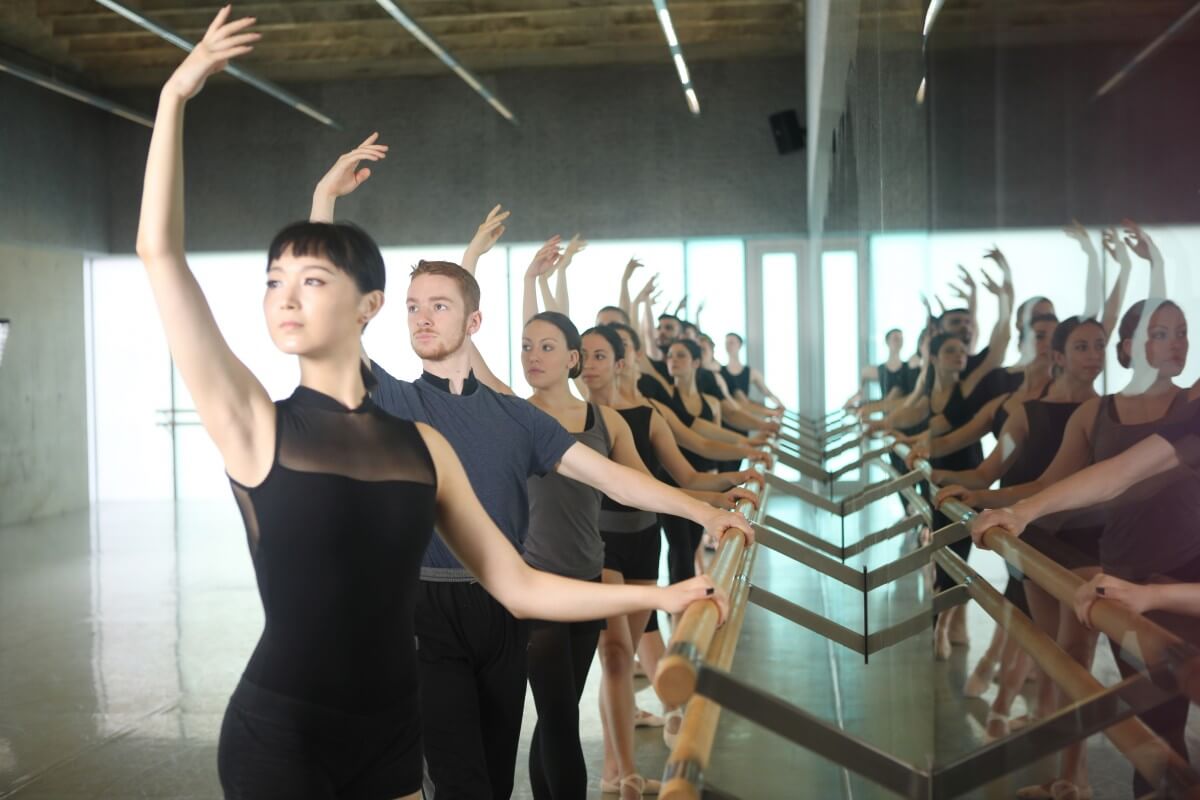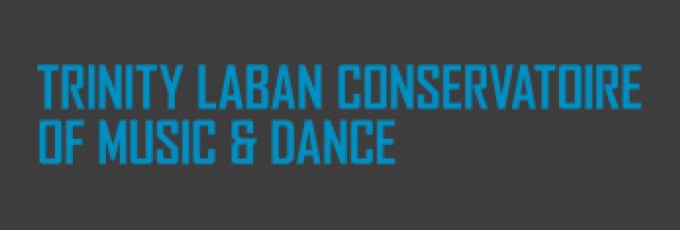Dancing may be a non-verbal endeavour that fills the soul, but succeeding in this competitive industry isn’t merely about striving for incremental improvements in technique, but performance as a whole. The burgeoning dance scene means dancers with additional soft skills can stand out from the competition, making it essential for dancers to seek opportunities for further development.
Those aspiring to work abroad but who aren’t fluent in English will need to work on their language skills alongside their dance training and learning. This will not only hone their technical skills but also their soft skills, opening doors to new opportunities and sculpting learners into rounded professionals.
Dance schools or programmes represent some of the best ways to upskill, but it becomes essential to choose the right programme that fuses technical and soft skills development to give dancers the chance to improve their craft without neglecting their English communication skills. At the same time, this helps them take their dance careers to new heights.
Become an all-rounded professional dancer
As a music and dance conservatoire based in London, England, Trinity Laban Conservatoire of Music and Dance is committed to helping students realise their full potential. The school offers prospective students world-class teaching and facilities to successfully pursue their creative endeavours and find their artistic voice through relevant programmes that prepare graduates for the future of the field.
Students who are looking for a programme that fuses English skills and dance training may find the International Foundation Year: Contemporary Dance and English or the International Graduate Diploma: Dance and English course ideal.

Source: Trinity Laban Conservatoire of Music and Dance
These intensive, 11-month full–time programmes are designed for international students to achieve an English Language qualification alongside specialist dance training. This will enable them to qualify for entry to taught undergraduate or postgraduate studies in dance in the UK, and to work towards individual learning, training and professional goals.
Blended learning for improved learning outcomes
Throughout the programme, students are exposed to several modules including technical and creative dance practice and integrated skills in English. Students learn through a blend of formal tuition, experiential learning and personal study.
Technical/performance training and creative practice form the central elements of the core dance modules with learning and teaching taking place in classes, rehearsals, workshops and tutorials. Meanwhile, lecture-based learning and teaching is typically delivered in group lectures or seminars. Students will also be supported in the move from guided learning to greater autonomy through their year of study.
Meanwhile, individual practice such as self-directed learning in the body conditioning studio, independent research for developing a personal creative practice, rehearsal of choreographic work developed with peers and practice time all form essential elements of conservatoire learning.
Alongside their dance practice students will learn English in small groups, with dialogue and contextualised language lying at the heart of the process, while weekly tasks are given to prepare students thoroughly for the required assessments in an immersive experience with English as the medium for instruction. Learning modes will be varied, with students encouraged to use multiple resources to support their learning, and to engage in regular peer-peer dialogue in English.
Enhancing graduates’ employability prospects
Students who choose to pursue their studies at Trinity Laban will find it to be a worthy investment that can lay the foundation for bolstering your career. The school is regularly named among the UK’s top institutions for graduate employability. The Higher Education Statistics Agency 2018 notes that 97.7 percent of Trinity Laban graduates from the last three years are in employment or further study six months of graduation.

Source: Trinity Laban Conservatoire of Music and Dance
Trinity Laban also takes pride in their alumni, many of whom have gone on to become industry leaders or hold prominent roles as artists, practitioners, innovators and educators in music and dance in the UK and internationally. This includes Rebecca Allen, President of Decca Records; Paul Hughes, Managing Director at the BBC Symphony Orchestra; Emma Gladstone, Artistic Director and Chief Executive of Dance Umbrella; and Ginny Brown, Chief Executive Officer at the ISTD.
Dance students will also gain a broad range of employability skills, many of which may not be obvious to a future employer, including teamwork, communication skills, self-management, project management or organisational skills, as well as critical reflection and general IT expertise. It’s no surprise why many dance graduates have gone on to work with top companies including Hofesh Schechter Company, Company Wayne McGregor, Pina Bausch and Merce Cunningham.
So, for dancers who are looking to develop their professional skills to an advanced level while nurturing their proficiency in English, Trinity Laban is a stepping-stone for future success.
Trinity Laban is running a Dance audition in Beijing on the 14th February 2020
Apply to audition via UCAS Conservatoires and register to audition here. Any questions? Email asia@trinitylaban.ac.uk
Follow Trinity Laban on Facebook, Twitter, Instagram and YouTube
Liked this? Then you’ll love…
Trinity Laban: A world-class performing arts education in London
What are the skills students need to become leading contemporary dancers?











